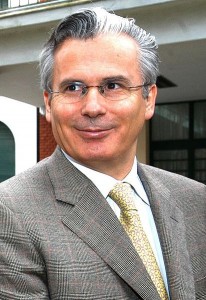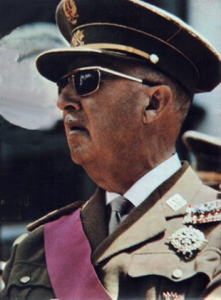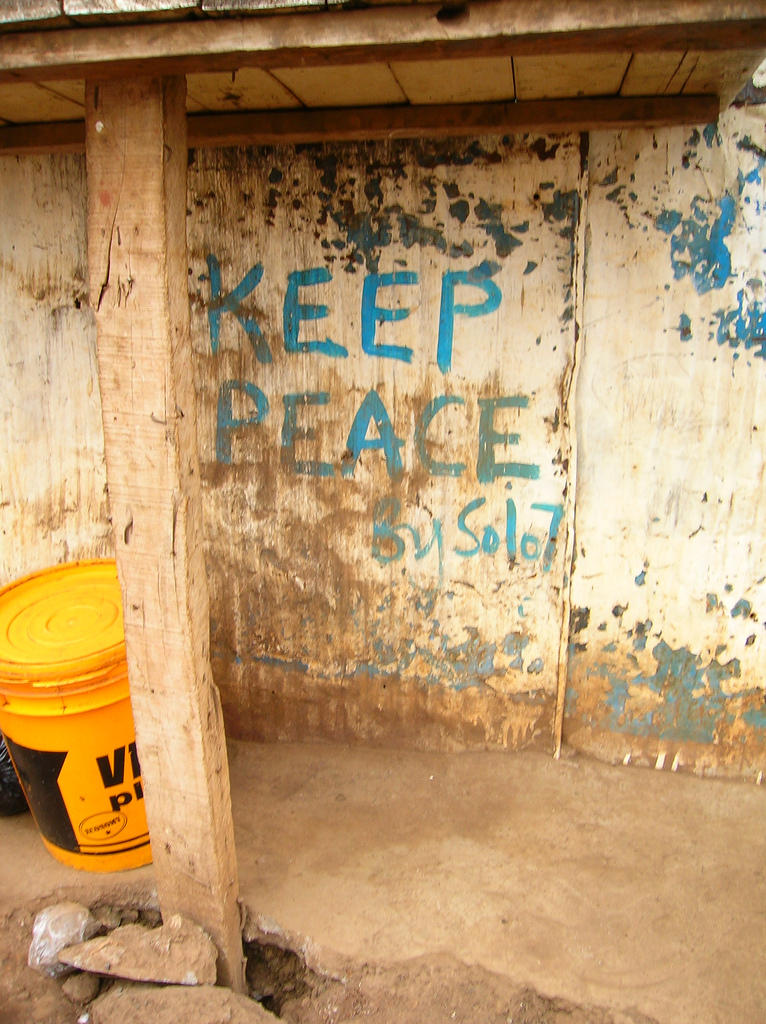“History never looks like history when you are living through it. It always looks confusing and messy, and it always feels uncomfortable.” John W. Gardner

30, 50, 100 years from now, when the killing has stopped or the debts are settled, can we be confident that every issue has been resolved? Residual resentment continues to permeate many groups in many societies. As the world changes, day by day, nothing holds firm like a grudge.
New Zealand academic Keri Opai courted controversy this week by describing the British colonisation of New Zealand as a “holocaust”. Opai’s turn of phrase was ill-judged, but there was no clamour to refute the allegations of injustice for the Maori people. Colonial history is violent, perpetrated by those sharing an anachronistic ideology. Unfortunately, nobody can change the way the world was at that time.
In January, France approved a bill making it a criminal offence to deny the Armenian genocide committed by the ailing Ottoman-Turk empire during World War One. Is this justice or political posturing? The term genocide is still fiercely debated and scarcely attributed with confidence that mass killings were pre-meditated. In the geo-political sphere the attribution of the term genocide amounts to an accusation of orchestrated killing, which a nation-state’s government will vehemently deny. Relations between France & Turkey are now strained and joint projects shelved, but has anything really changed beyond this frosting of relationships?

Spanish judge Baltazar Garzon is now on trial himself for attempting to uncover the atrocities committed by Franco’s Fascist regime during the Spanish Civil War (1936-1939). The actions of ‘death squads’ during Franco’s regime remain unstudied and steeped in secrecy due to a Spanish amnesty law, dating back to 1977, which prohibits prosecution for political crimes committed under facist rule until 1977. The fate of many Spanish freedom fighters and their families remains unknown and mass graves have been discovered in the past. Ironically, the Spanish legal system has a global reputation for humanitarianism and upholding international justice: Garzon was at the helm of the Spanish team which arrested and extradited Chilean dictator Augusto Pinochet, who had sought amnesty in London.
The Spanish case requires closure and it is achievable if Spain is willing to embrace a change in legislature and shed what has become an unnecessary and archaic condition of their progress. New York Times journalist Dan Kaufman was correct when he asserted: “It would send a tragic and telling message… if the one person convicted for Franco’s crimes is the judge who dared to investigate them.”
Defending himself yesterday, on the final day of the trial, Judge Garzon said that Spain was owed the truth about those vanished by the Franco regime, and he was motivated to act because of the “helplessness of the victims.” The people of Spain are divided on the issue: Some, such as the families of war casualties and human rights activists, wholeheartedly support the campaign, while some senior political and judicial figures fear the opening of old wounds.
The curious case of Judge Garzon is not an attempt at historical revision or a re-evaluation of an acknowledged wrong but an attempt to fill in the gaps of Spanish civil war history, for the benefit of understanding and also moving forward. Can the same be said about political squabbles over the language employed to categorise the severity of humanitarian disaster, and who has the right to use such language?
Maybe, when we look back on the Arab Spring or the Eurozone crisis in 30, 50, 100 years, there will be no contention, total resolution, and an emphasis on remembrance rather than revision. Historical precedents would suggest otherwise: We will be sifting through the wreckage of today’s conflicts long after they are said to have ended.
- Main image: Gerda Taro, Wikimedia commons







